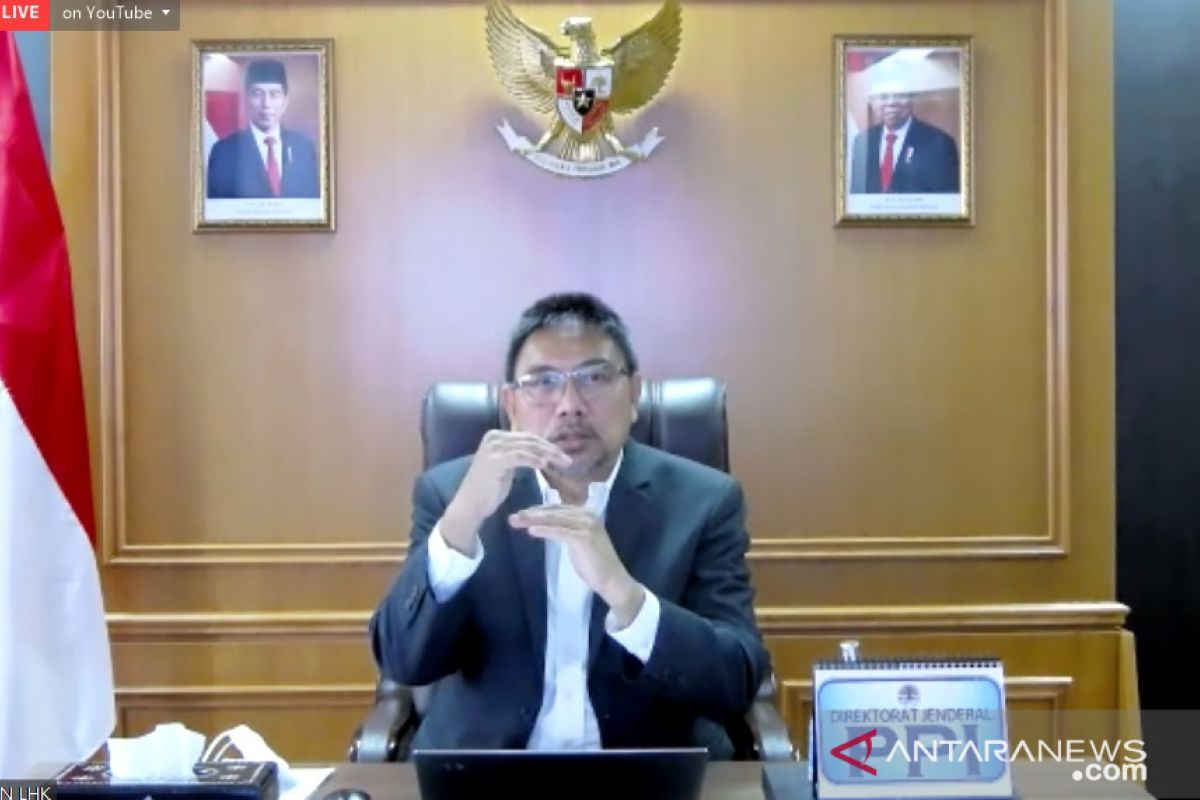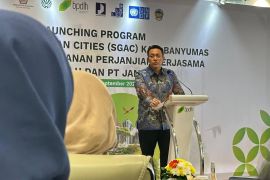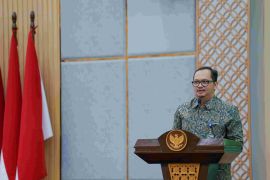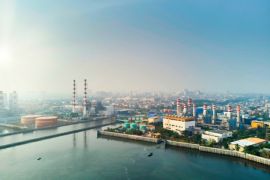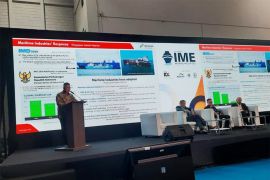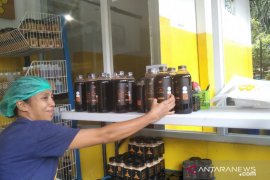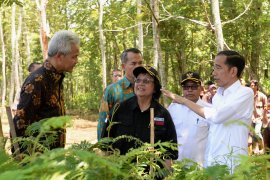We have at least three scenarios — first extended NDC or Current Policy Scenario (CPOS), (second,) Transition Scenario (TRNS) only in the energy sector; and third, Low Carbon Scenario Compatible (LCCP) with the target of Paris Agreement.Jakarta (ANTARA) - The Environment and Forestry Ministry is preparing three scenarios involving energy transition as part of long-term strategies to curb greenhouse gas emissions and mitigate climate change.
Indonesia is in the process of completing its long-term strategy (LTS), ahead of the 26th UN Climate Change Conference of the Parties (COP26) in Glasgow, the United Kingdom on November 1-12, 2021, director general of climate change control at the Environment and Forestry Ministry, Ruandha Agung Sugardiman, said at a press conference here on Friday.
"We have at least three scenarios — first extended NDC or Current Policy Scenario (CPOS), (second,) Transition Scenario (TRNS) only in the energy sector; and third, Low Carbon Scenario Compatible (LCCP), with the target of the Paris Agreement," he informed.
In the Agriculture, Forestry and Other Land Use (AFOLU) sectors, the CPOS scenario will target lowering and bringing greenhouse gas emissions closer to zero by 2050, while under the LCCP scenario, the government will target achieving negative emissions by 2050, he elaborated.
In the energy sector, energy transition has been designed using the CPOS scenario, but without energy system transformation, Sugardiman said.
The TRNS envisages energy system transformation focusing on power plants, though the change is not aggressive, he noted. LCCP involves energy transformation focusing on transportation and power plants, he added.
"This will offer a chance for investment and the like to develop in the direction, how we move to low carbon emission in the future," he said.
Indonesia’s LTS also includes options for nuclear energy and hydrogen, he said.
It has also prepared renewed documentation on Nationally Determined Contribution (NDC) for COP26, he added.
"There has been no change in the target. Indonesia will continue to defend the target of reducing greenhouse gas emissions by 29 percent in 2030 on its own and 41 percent with international help," he said. (INE)
Related news: BRG: Peatland restoration cuts greenhouse gas emissions significantly
Related news: Indonesia supports green, sustainable economy despite pandemic
EDITED BY INE
Translator: Prisca Triferna V/Suharto
Editor: Fardah Assegaf
Copyright © ANTARA 2021
